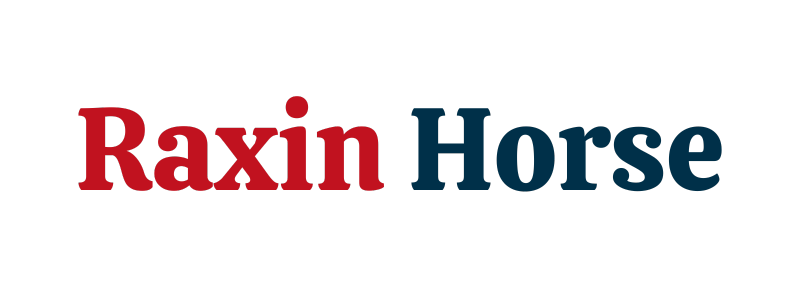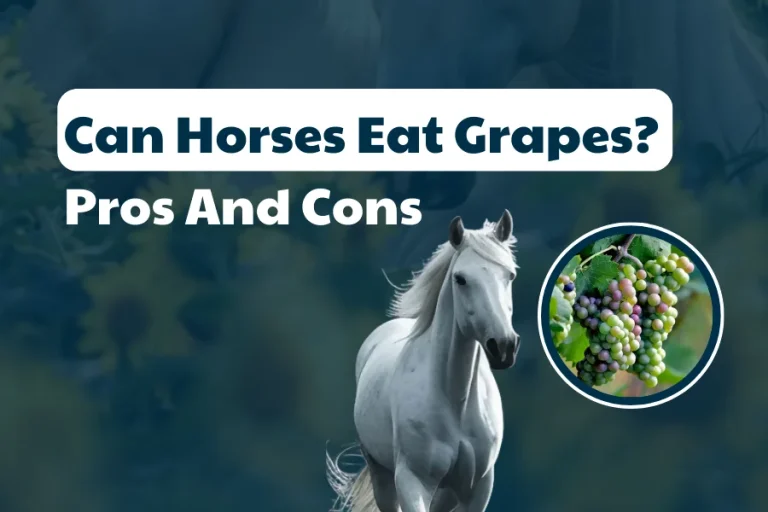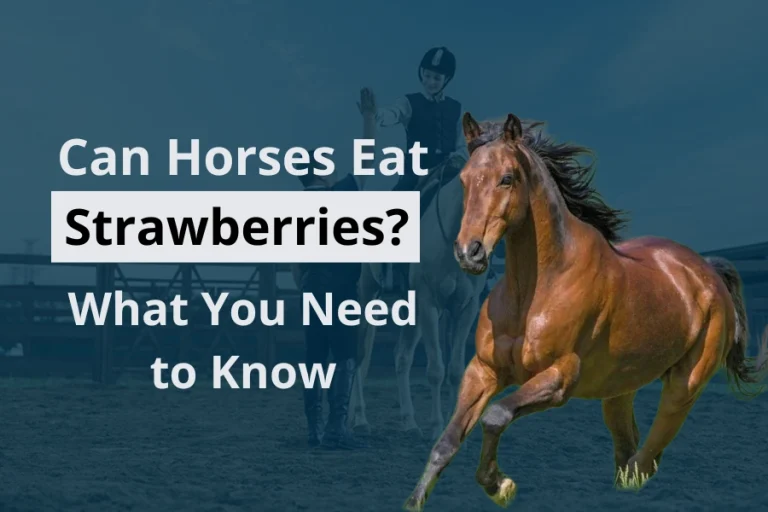Can Horses Eat Meat? Fact Or Fiction
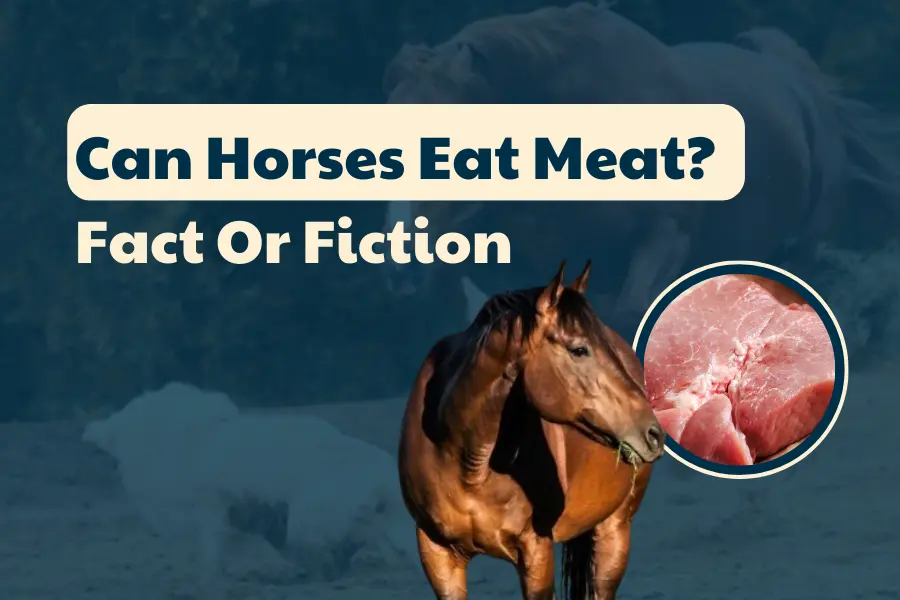
‘Can horses eat meat? ‘ is an important question. If you are going to start to cook up tasty meats for your horses, you should stop and consider whether this is good or bad for them. Today, the regular knowledge is that horses belong to herbivores.
In the wild, horses rarely chase other animals for meat-hunting. Horses eat plants for the main reason is their digestion. Their digestive mechanism is geared to degrade and digest fibrous vegetation. However, there are some cases in which horses can eat meat. The appearance of a lot of debate-related ‘Can horses at meat?’ accrued. Is the question fact or fiction? You can find the answer in the information article.
Can Horses Eat Meat?
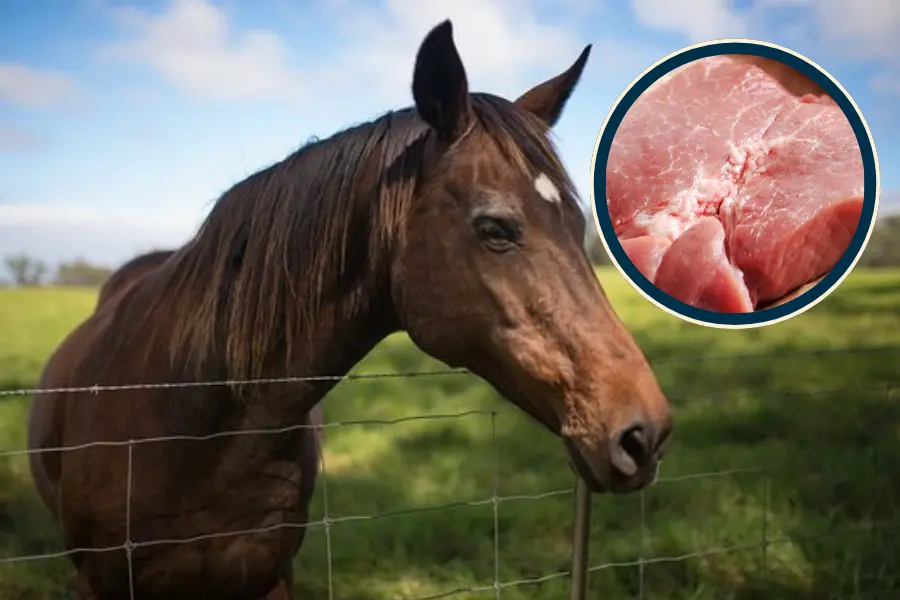
An undeniable point is that horses are mostly herbivores and rarely consume meat. Occasionally, a horse can eat meat to survive, especially in the wild where they don’t have access to a balanced diet. The reason can depend on the types of horses and their environment. A domestic horse is not likely to search for meat to eat.
Horses can sometimes kill or seriously hurt small animals. Finding bird or mouse carcasses in a horse’s corral is not unusual. There’s no need to fear. Remember, the horse likely killed these animals to defend its territory, not for food.
Horses can usually handle a small bit of meat without any major problems. If you suspect that your horse may have consumed some, don’t panic too much; simply keep a watch on them and make sure they have plenty of fresh water to drink. However, a horse’s digestive system is not designed to withstand a diet heavy in meat, hence they cannot tolerate it. Rather, it’s critical to recognize your horse’s needs and feed them a balanced meal.
